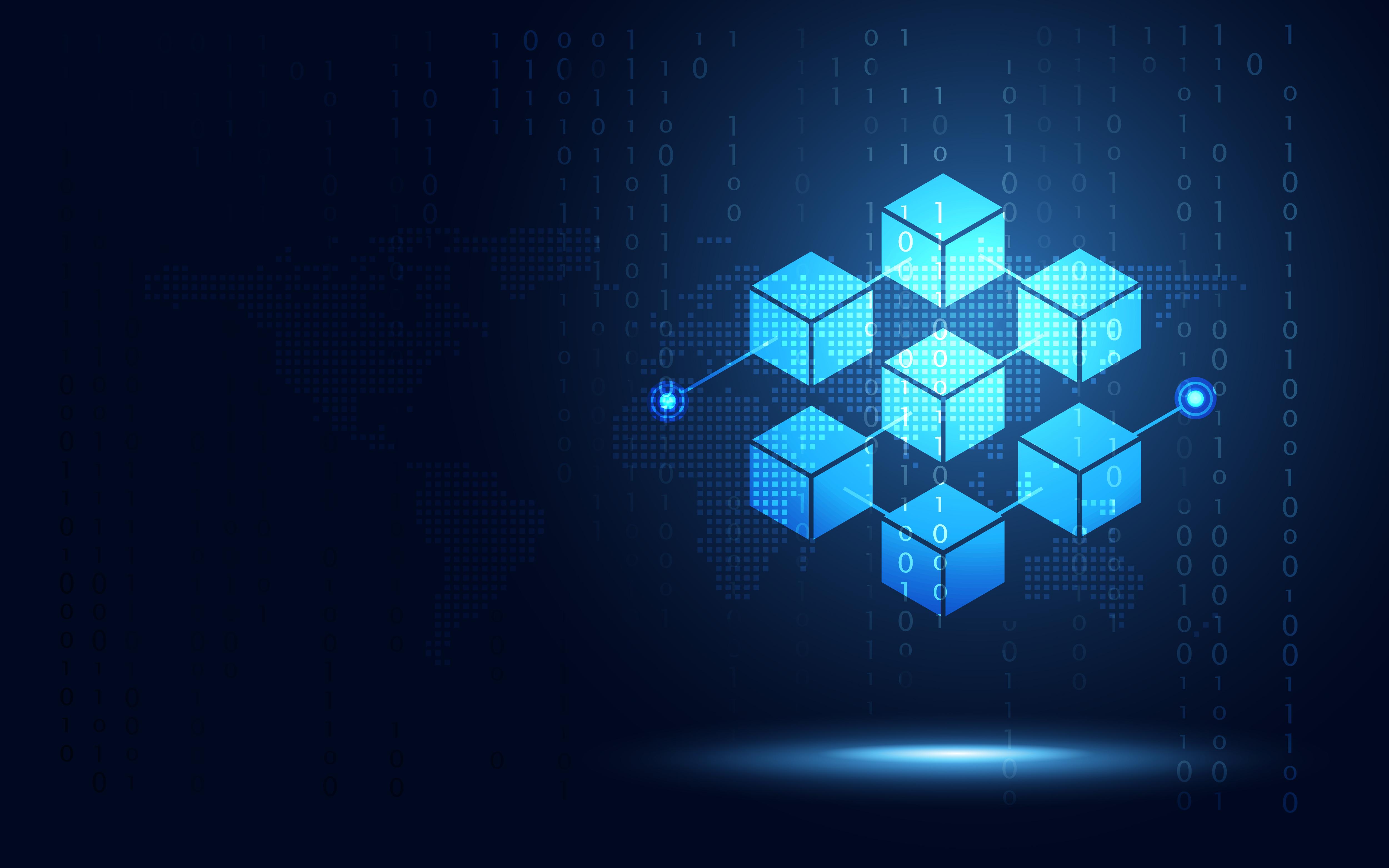Blockchain Technology: The Future of Digital Transactions

Blockchain technology has taken the world by storm in recent years. Originally created as the technological backbone for cryptocurrencies like Bitcoin, blockchain has since evolved into a general purpose technology with almost limitless applications. In this article, we will explore what blockchain is, how it works, and examine some of its most promising use cases that are poised to transform various industries in the coming years.
What is Blockchain?
At its core, blockchain is a distributed digital ledger that records transactions in a verifiable and permanent way. The ledger itself is shared across a network of computers so that any changes to the records are reflected instantaneously on all copies of the ledger. The entries in the ledger are grouped together and linked together using cryptography, forming what is known as blocks. Over time, as new blocks of entries are added, they become chained together, forming a blockchain.
Some key characteristics of blockchain technology include:
- Decentralized: There is no central authority that controls or maintains the ledger. It is shared across all participating computers or nodes in the network.
- Transparent: All transactions recorded on the Blockchain are publicly viewable by anyone with access to the system. However, user identities are kept anonymous through cryptography.
- Secure: Cryptography ensures the integrity and verifiability of records. Once a transaction is recorded, it cannot be altered retroactively without altering all subsequent blocks.
- Immutable: It is very difficult or impossible to change or hack the records on a blockchain due to its decentralized nature and cryptographic security features. Any changes to the ledger must be verified by a majority of nodes.
How Blockchain Works
When a new transaction occurs - for example, someone sending cryptocurrency to another person - it gets broadcast to the peer-to-peer network. The transaction is then grouped together with other recent transactions into a block. Cryptographic techniques are used to link the new block of transactions with the previous block, forming an immutable chain.
Each node on the network runs a protocol to validate transactions by competing to solve a complex mathematical puzzle. The first node to solve the puzzle and verify all transactions in the block is allowed to add the new block of transactions to the blockchain. In doing so, they are also rewarded with a transaction fee and newly minted cryptocurrency. This process, known as mining, helps secure the network and validate each new transaction.
Promising Use Cases
With its unique features of decentralization, transparency, and security, blockchain technology is promising to disrupt and optimize numerous industries. Some of the most exciting potential use cases of blockchain include:
Financial Services
The financial industry was one of the earliest adopters of blockchain technology. It is being explored for applications like expedited cross-border payments, cheaper wire transfers, clearing and settlement of securities, digital banking, remittances, and replacing existing infrastructure like SWIFT. Blockchain could automate processes, reduce costs while enhancing transparency and security.
Supply Chain Management
Blockchain is an ideal technology for tracking the movement of goods across a complex supply chain with multiple intermediaries. It provides a single authoritative source of information, giving customers full visibility into the lifecycle and provenance of products. Companies are exploring using blockchain to trace food, pharmaceuticals and other goods throughout production and distribution.
Healthcare
Healthcare systems struggle with issues like lack of interoperability, high costs, and patient data privacy. Blockchain can help streamline administrative processes in areas like claims processing, clinical trials, electronic health records, and prescription tracking. It facilitates the secure exchange of health data among providers while giving patients control over their personal information.
Real Estate
All land title records, property transactions, and other ownership records could be digitized on a public blockchain. This can make the process of buying or selling property cheaper, faster and more transparent. Smart contracts facilitate automatic processing of transactions like escrow services and payments. Blockchain prevents title frauds and disputes by providing a single immutable record of ownership.
Elections and Voting
Blockchain can potentially revolutionize how we conduct elections and implement electronic voting. Features like voter anonymity, strong authentication, tamper-proof ballots and automatic vote tabulation add integrity and transparency to the voting process. Pilot projects are exploring its viability for national and local elections.
Challenges Remain
While the promise of blockchain is immense, several challenges still need to be overcome for mainstream adoption. Key challenges include concerns about scalability as blockchains do not yet support the volume of transactions required for large organizations and industries. Interoperability between different blockchain platforms is another obstacle. Regulatory uncertainty around how to govern blockchain transactions and tokens is also slowing down adoption in certain sectors. However, ongoing advancements in technology are continually seeking to address these issues and blockchain's true potential is only beginning to crystallize.
Blockchain's innovative distributed ledger technology brings paradigm shifting capabilities. It is poised to overhaul established industries and infrastructures that have existed for decades. While challenges persist, ongoing innovation and real-world implementations are bringing blockchain beyond cryptocurrencies into our everyday lives and transforming how we transact, share information and build trust in a digital world. Over the next decade, blockchain will cement itself as a core technology infrastructure with profound and wide-ranging impacts.
Get more insights on Blockchain Technology
- Art
- Causes
- Crafts
- Dance
- Drinks
- Film
- Fitness
- Food
- الألعاب
- Gardening
- Health
- الرئيسية
- Literature
- Music
- Networking
- أخرى
- Party
- Religion
- Shopping
- Sports
- Theater
- Wellness
- IT, Cloud, Software and Technology


